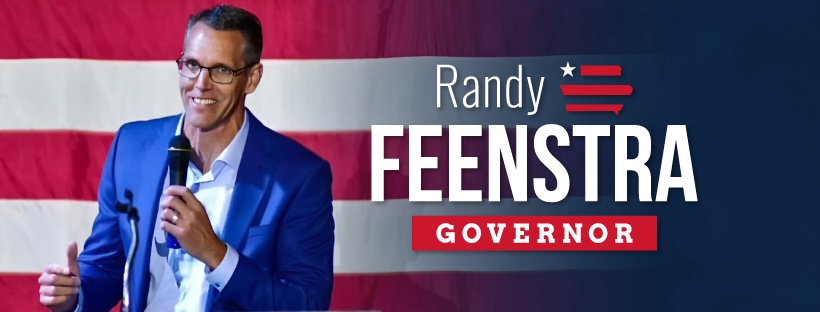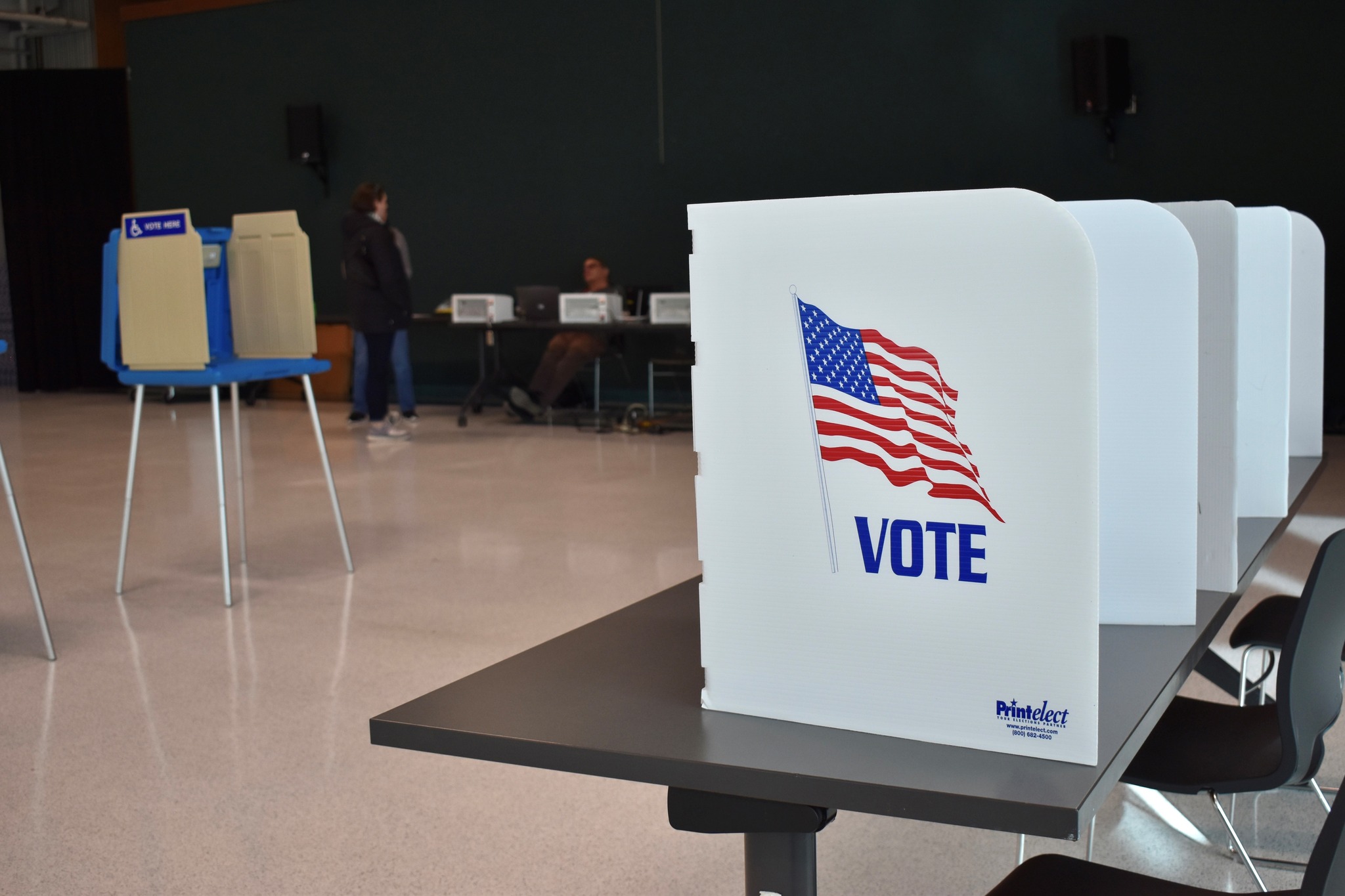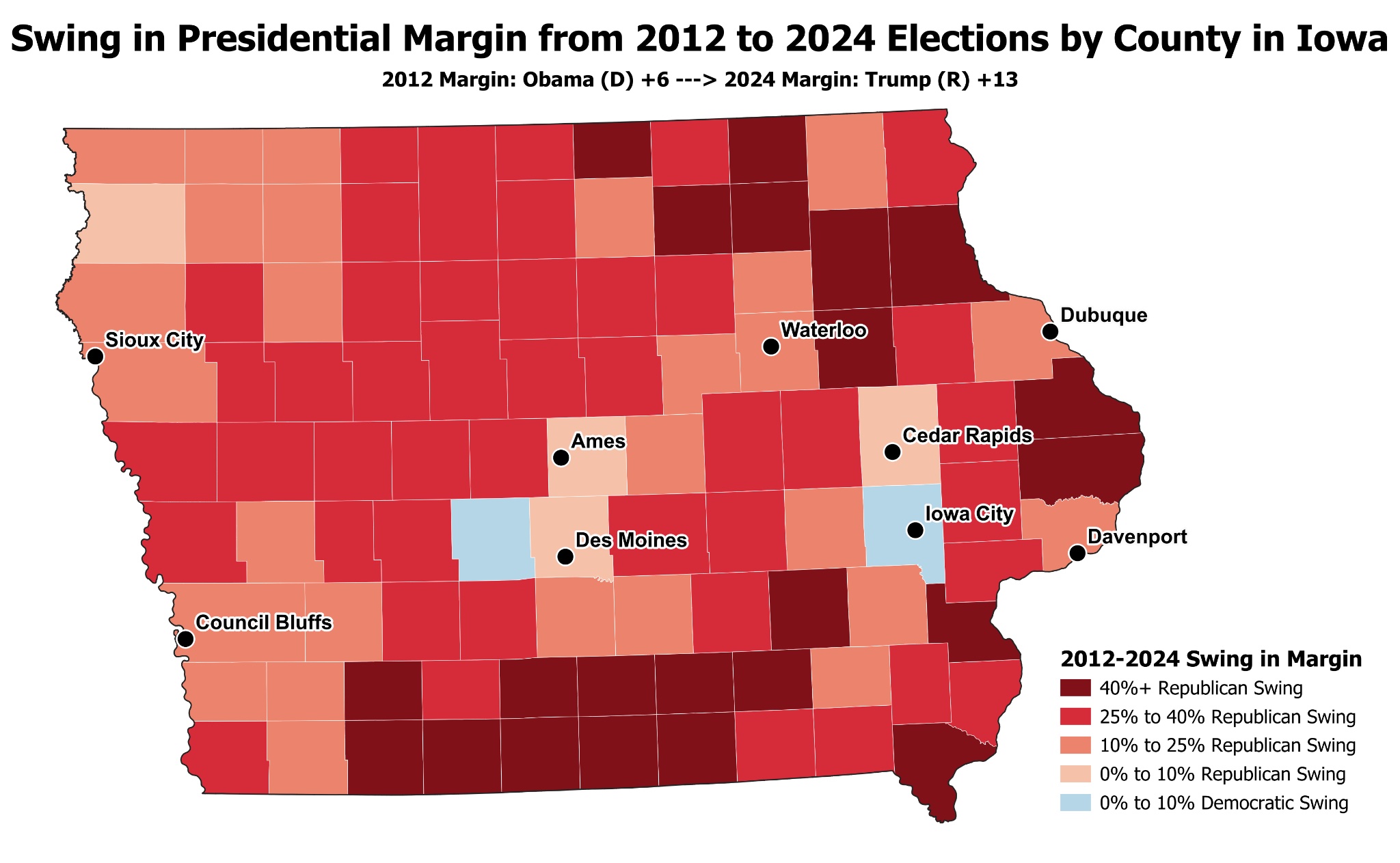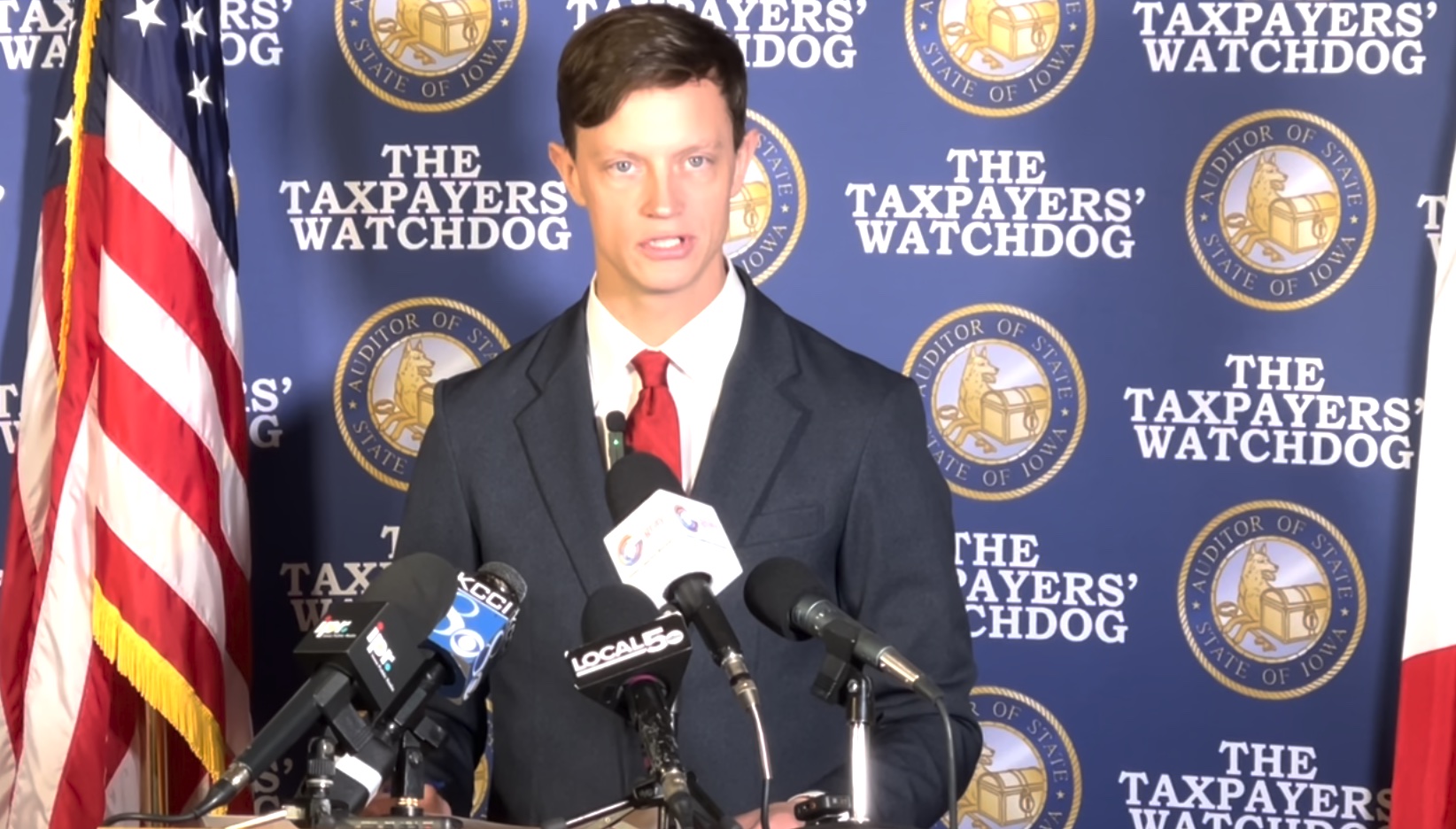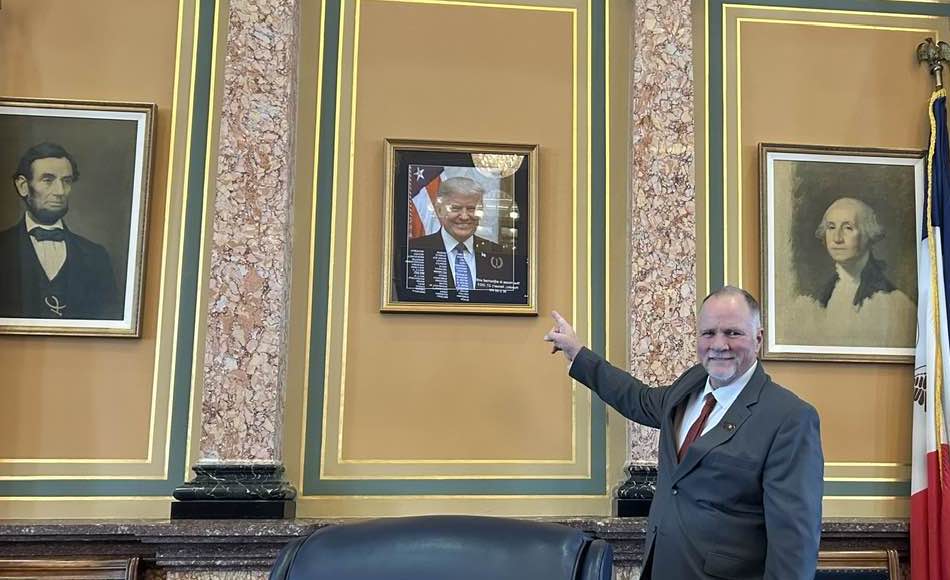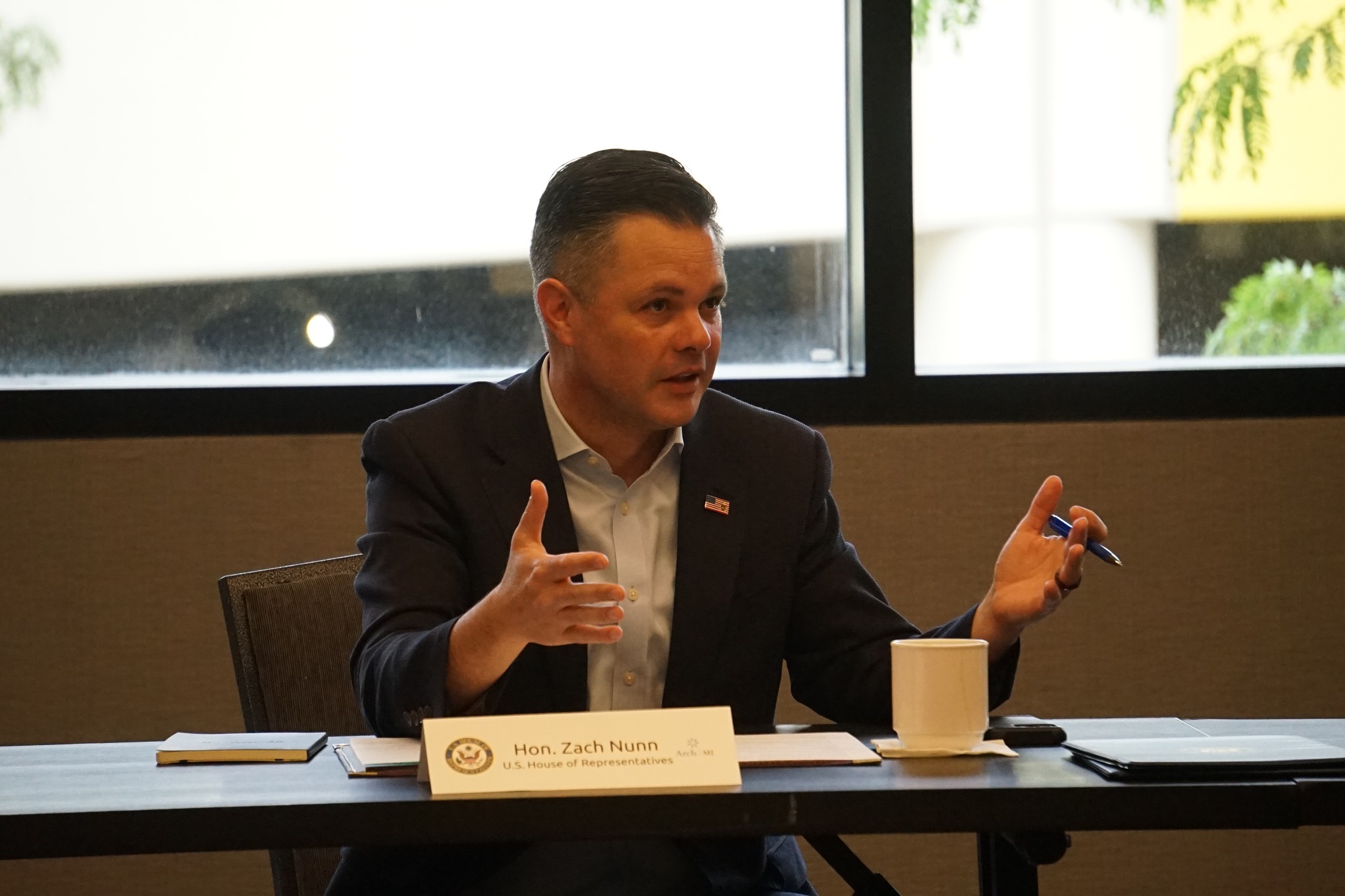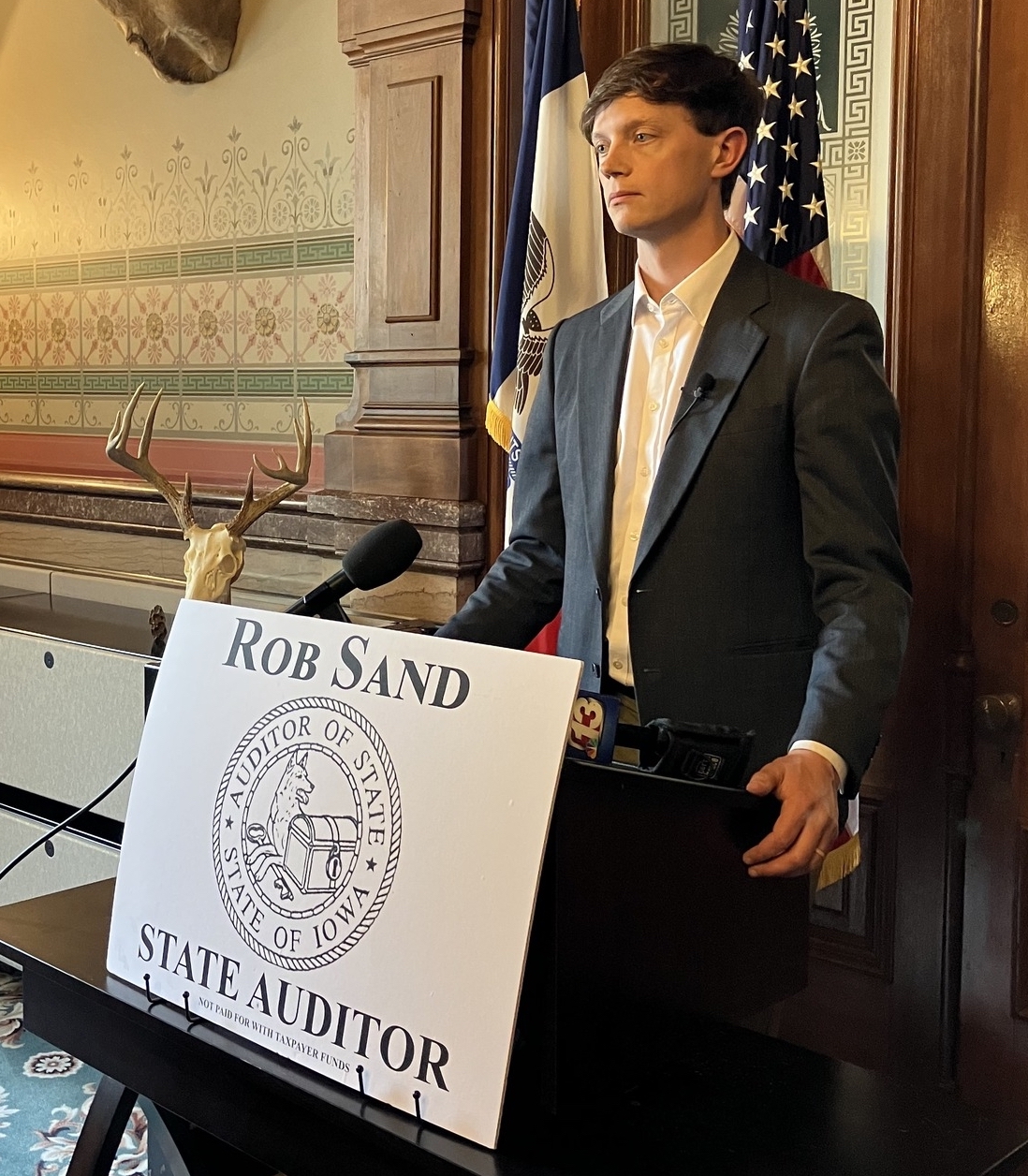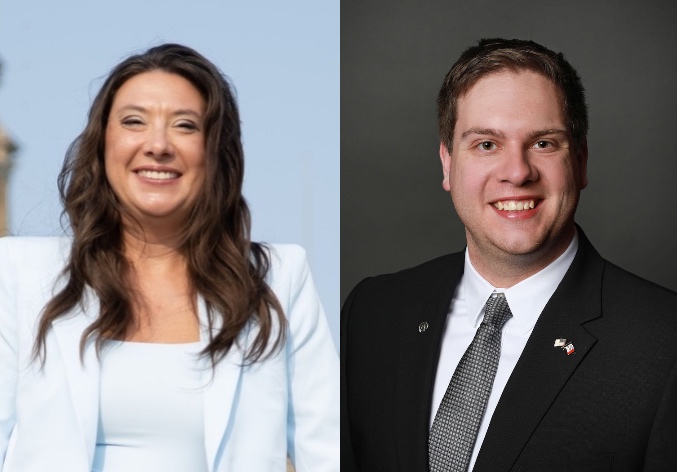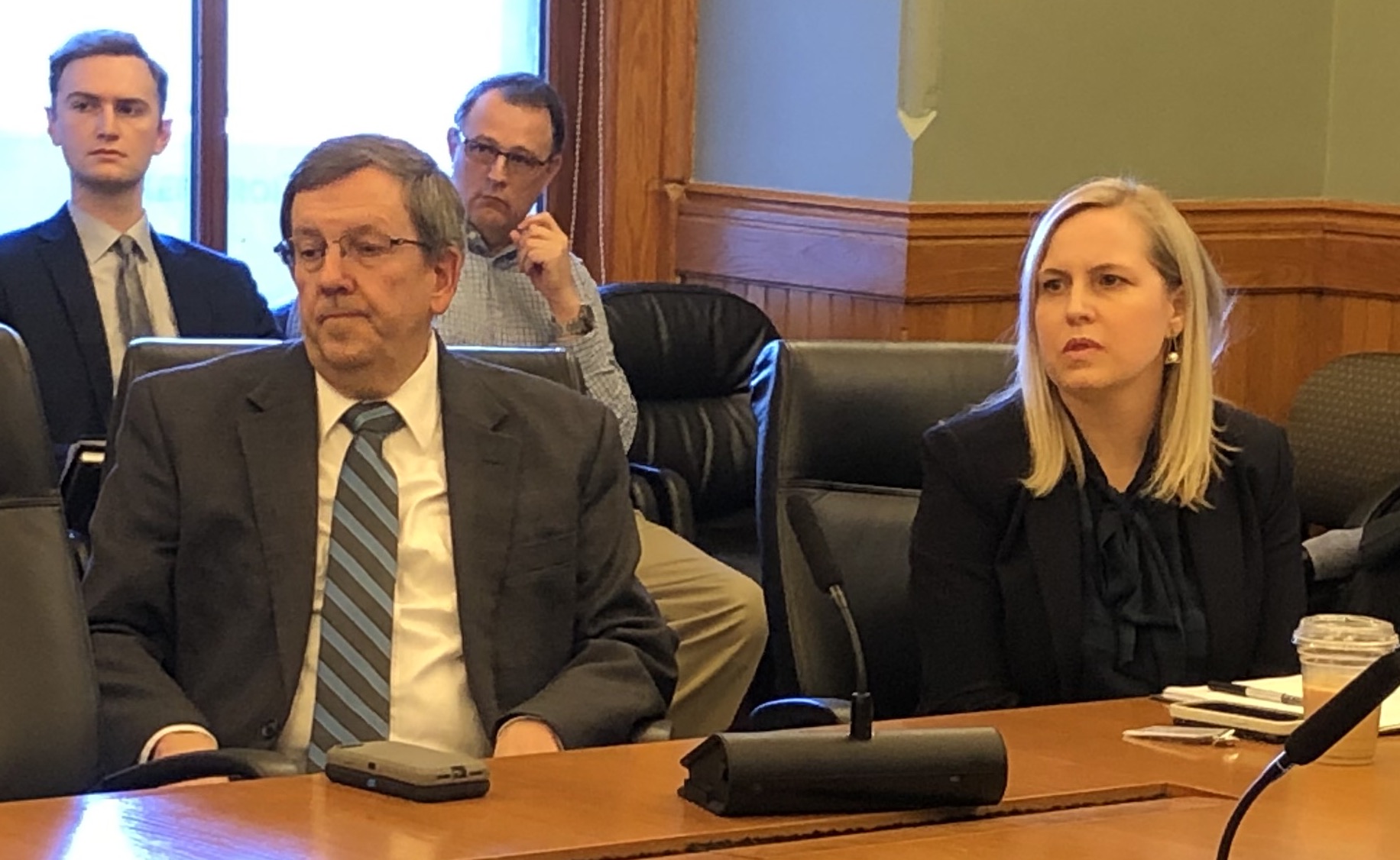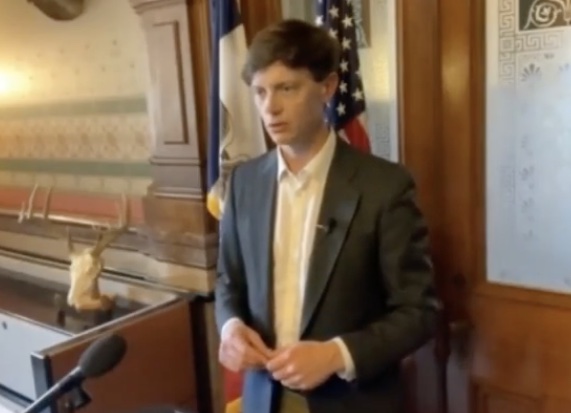State Auditor Rob Sand has urged members of the Iowa Democratic Party’s governing body to give Rita Hart another term as state chair. In a January 1 message to State Central Committee members (enclosed in full below), Sand credited Hart with getting the party out of debt and raising enough money to fund full-time communications, finance, and data staff.
He also asserted that Iowa was “more GOP than the rest of the country in 2022, then more Dem than the rest of the country in 2024.” I believe he meant to say that the swing toward Donald Trump in Iowa was (slightly) less than the national swing toward Trump this year. Iowa’s voting patterns are clearly not “more Dem” than the U.S. as a whole; the president-elect won the popular vote by about 1.5 points nationally but by 13.2 points in Iowa.
Sand pushed back against what he called “inaccurate info about the party’s performance” and Hart. In particular, he defended the party’s decision to send fewer absentee ballot request forms to voters this year than in past election cycles, saying Republican-backed changes to Iowa law made it more risky to push voting by mail and wiser to invest in other programs.
He appeared to be referring to a recent Substack post by Robert Leonard, which faulted the Iowa Democratic Party for “lost opportunities” during the 2024 election cycle. Leonard wrote, “One Democratic legislator tells me that normally Iowa Democrats send out approximately 250,000 absentee ballot request forms and this year only 40,000 were sent.” It’s important to remember that the state party was not the only entity pushing early GOTV. For example, the Polk County Democrats distributed an estimated 190,000 absentee ballot request forms to around 95,000 households in late August and early September.
Sand asked members of the governing body to unite behind Hart and her “Forward Victory: 2026” plan, saying it would be “positive change for the IDP” to keep a chair for more than one term. Since Michael Kiernan stepped down for health reasons in 2010, nine people have led the party: Sue Dvorsky, Tyler Olson, Scott Brennan, Andy McGuire, Derek Eadon, Troy Price, Mark Smith, Ross Wilburn, and Hart.
The Iowa Democratic Party’s State Central Committee will meet on January 4 to elect a new chair. Three candidates are expected to be nominated: Hart, Tim Winter, and Alexandra Nickolas-Dermody. Dexter Merschbrock announced in December that he was seeking the position but endorsed Nickolas-Dermody this week.
UPDATE: Hart won the election by 38 votes to ten for Winter and one for Nickolas-Dermody. Kim Callahan was also nominated during the January 4 meeting but did not win any votes.
Continue Reading...




